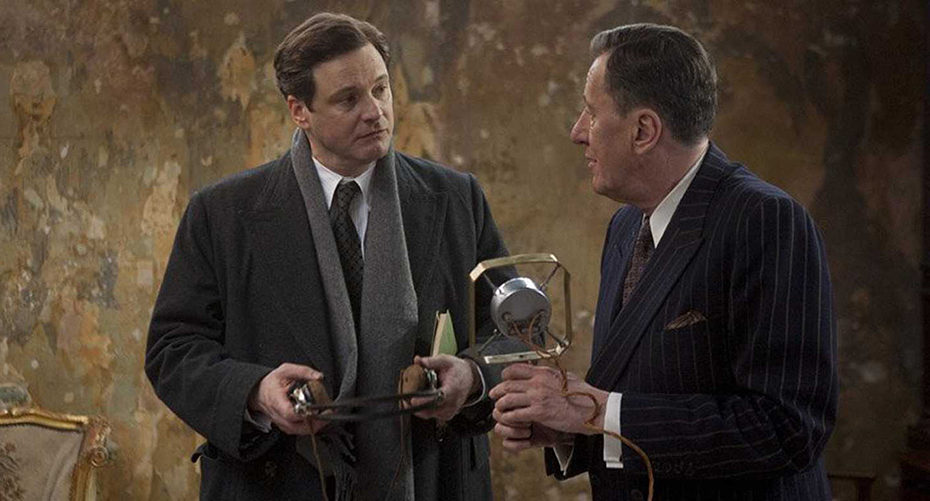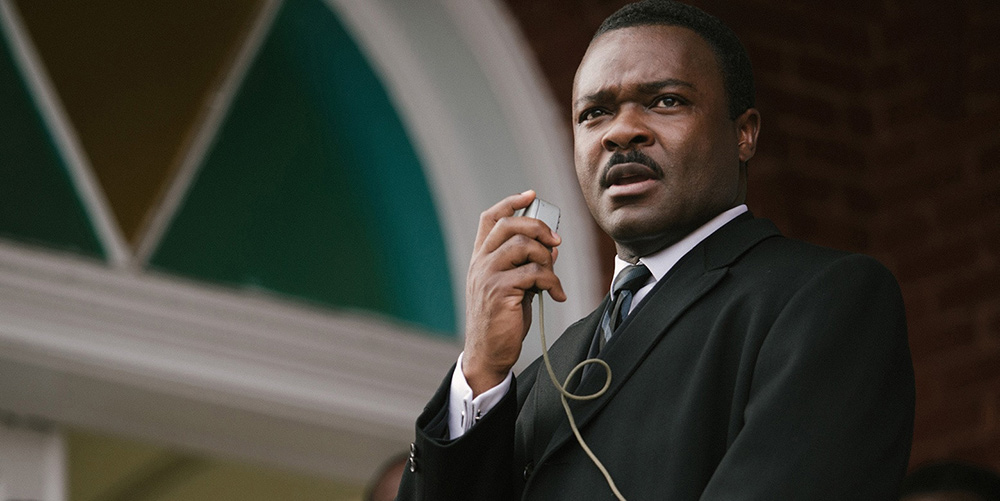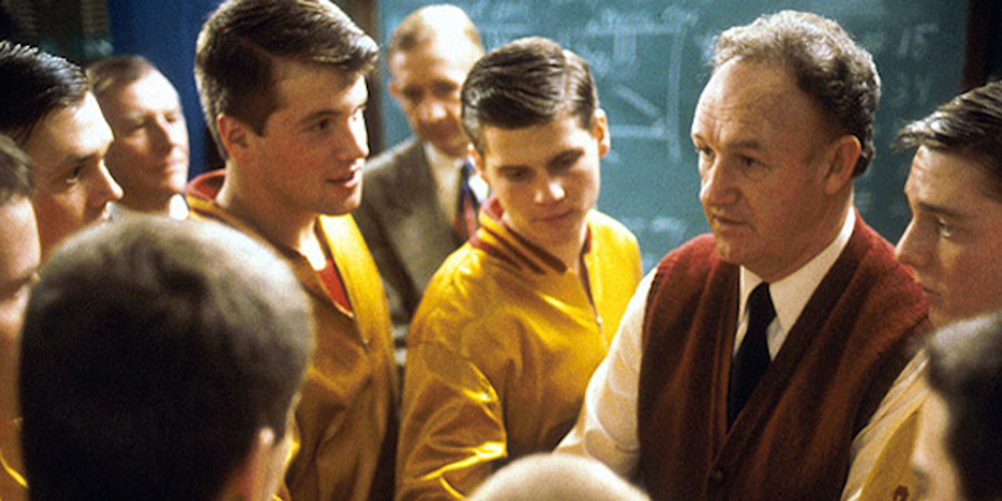In my last blog post, I looked at how The King’s Speech could help leaders conquer a common fear: presentations and public speaking.
But this isn’t just a film about public speaking: there are many other valid lessons for leaders too.
It’s still not uncommon for people to be promoted into leadership roles based on their subject or technical competence rather than their leadership potential. It’s not surprising, therefore, that many feel ill-prepared for those new responsibilities.
This is the situation in which Bertie (the future King George VI, played by Colin Firth) finds himself. He’s a man faced with one of the most challenging leadership jobs of all – on the brink of mankind’s biggest ever war – and feeling wholly inadequate for the role.
What can we learn about leadership, both from Bertie’s struggle to overcome his difficulties and assume the role he was born to do, and in Lionel Logue’s approach to mentorship?
Building Trust
Faced with a cynical and reluctant patient, Lionel builds early confidence with a quick win. While Bertie initially dismisses his own efforts to read Shakespeare while listening to music as ‘hopeless’, he soon realises his reading has, in fact, been flawless. This early success encourages him to return to Logue for further sessions.
Embrace creativity
Far from embracing creativity, we’ve seen before how many people tend to reject creative ideas out of hand. Bertie initially falls into the same trap, dismissing Logue’s unusual practices and insisting on being taught on his own terms. But over time, he realises those same creative ideas have merits, and gradually opens his mind to embrace them.
Humility
The best leaders realise there’s always something they don’t know, and that they can’t do everything on their own. As a leader, Bertie eventually realises he can’t conquer his stammering alone, and is able to show the humility to go back to Logue and ask for help.
Confront your inner demons
Everyone has perceptions of their own abilities, strengths and weaknesses. But sometimes these can be self-limiting: you need to confront them to move forward. In Bertie’s case, it means reaching back into his earliest, painful memories, and finding the root cause of his own limiting beliefs. By talking them through with Logue, he is able to build his sense of worth and self-image.
Qualifications aren’t everything
Professional qualifications and training have their place, but they’re not the only indicator of performance or potential. Though Lionel has deceived no one, his lack of qualifications nearly results in his dismissal. He has, Bertie says, ‘no training, no qualifications, just a great deal of nerve’. ‘I can’t show you a certificate,’ Lionel responds. ‘Everything I know comes from experience, and that war was some experience.’
When recruitment or promotion is based solely on qualifications, we can miss the potential of others who have just as much to contribute.






